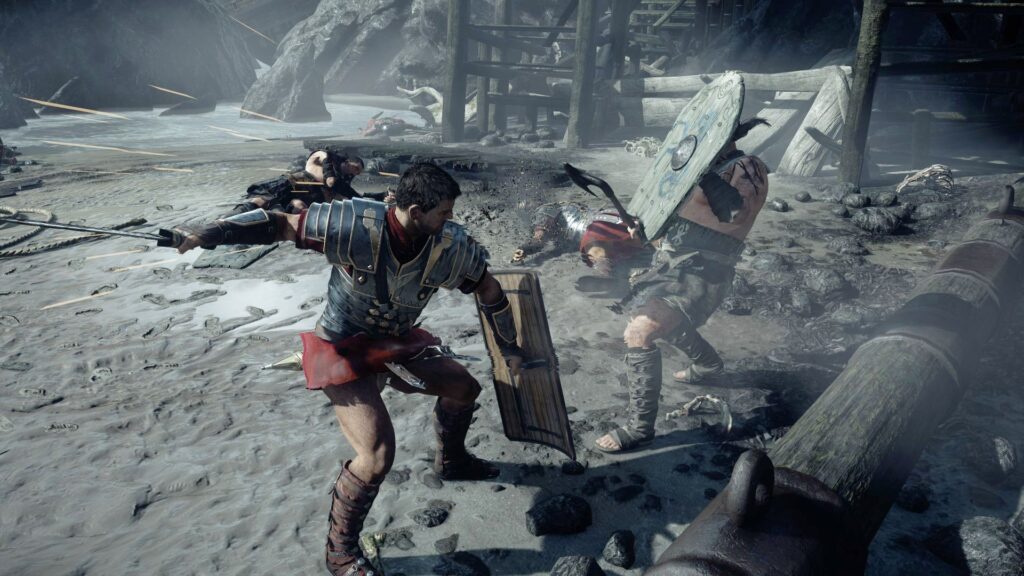Few things enhance a digital adventure more than a vibrant, engaged community. When players come together, they transform solitary experiences into shared journeys, filled with collaboration, competition, and camaraderie. These connections turn a simple pastime into a social phenomenon, where friendships are forged, strategies are debated, and memories are made. The sense of belonging that emerges is often what keeps people returning long after the initial excitement fades.
Communities thrive when they are built on mutual respect and shared passion. Whether through forums, social media, or in-game interactions, players exchange ideas, offer support, and celebrate achievements together. This collective energy fosters creativity, as members inspire one another to explore new ways of playing, creating, and engaging with the content. It’s a reminder that even in virtual spaces, human connection remains at the heart of the experience.
The relationship between creators and their audience is equally important. Developers who actively listen to feedback and involve their community in the creative process build stronger, more loyal followings. Transparent communication, regular updates, and opportunities for input make players feel valued and invested in the project’s success. This collaboration often leads to richer, more inclusive experiences that reflect the diverse perspectives of the audience.
Yet, communities also face challenges, from toxic behavior to disagreements over direction. Addressing these issues requires clear guidelines, moderation, and a commitment to fostering a positive environment. When handled thoughtfully, these obstacles can strengthen the community, teaching members the value of empathy, patience, and constructive dialogue. The best communities are those that grow and adapt together, learning from both successes and setbacks.
The impact of a strong community extends beyond the digital realm. Friendships formed online can translate into real-world connections, and shared interests can lead to collaborative projects, events, and even charitable initiatives. These experiences demonstrate the profound influence that digital communities can have on individuals and society as a whole, proving that virtual interactions can be just as meaningful as those in the physical world.
At its core, the power of community in digital spaces lies in its ability to bring people together. It transforms solitary moments into collective adventures, turning players into participants in something much larger than themselves. In this way, communities don’t just enhance the experience—they become an essential part of it.

